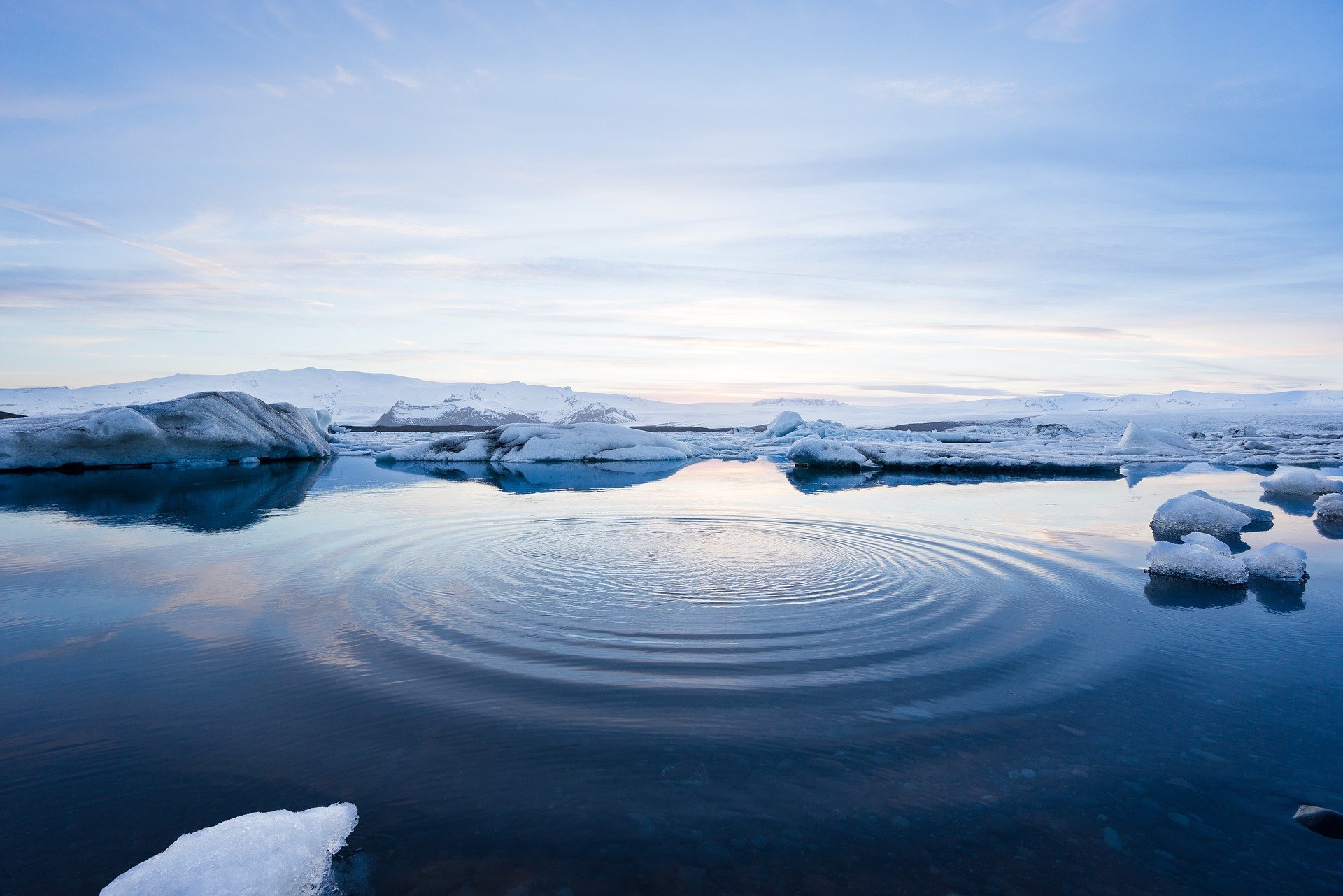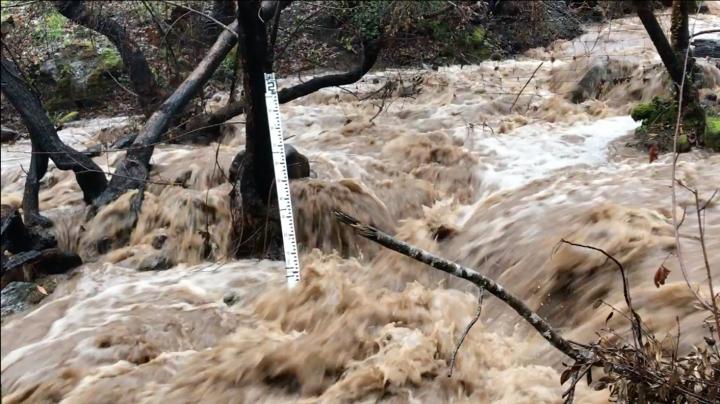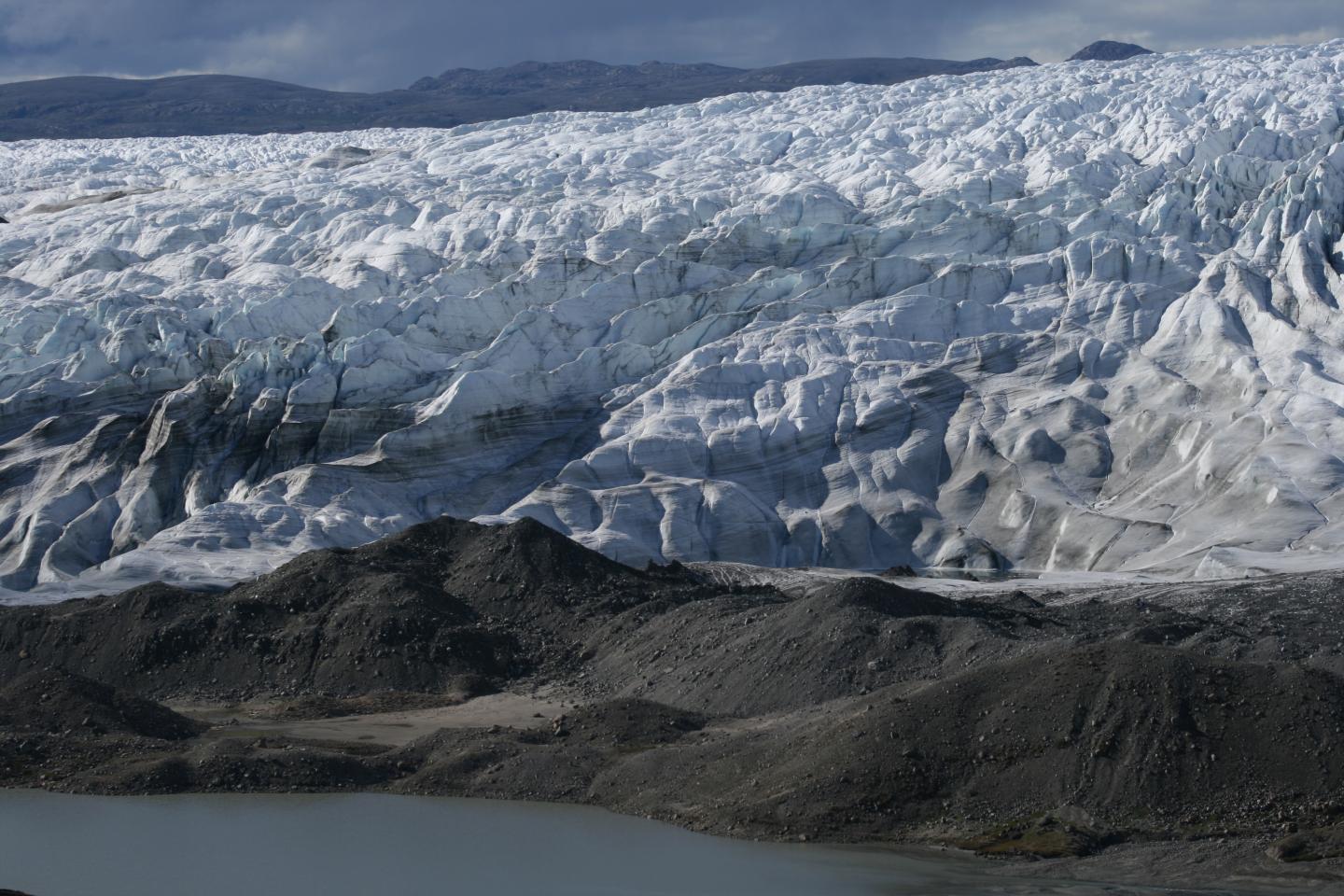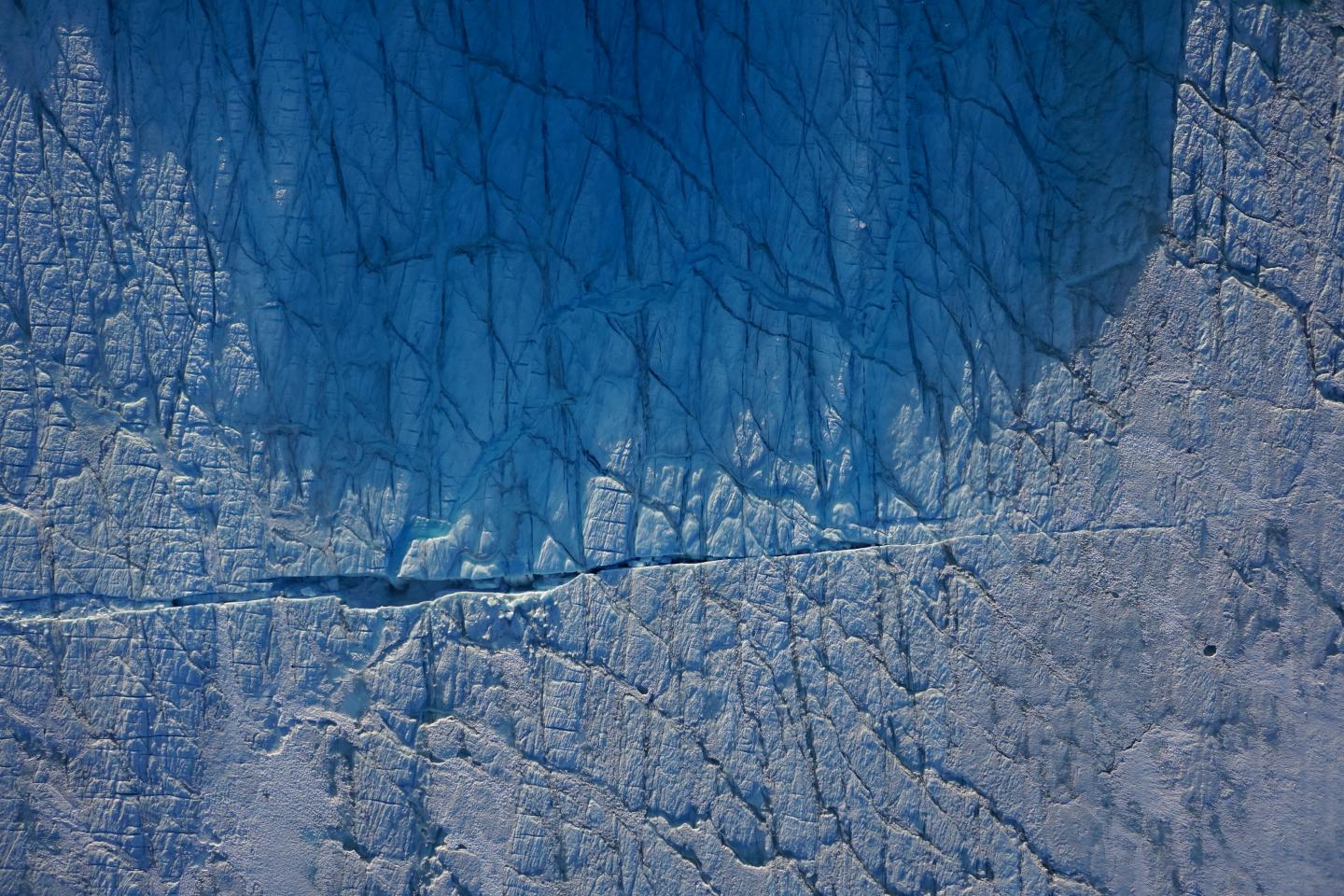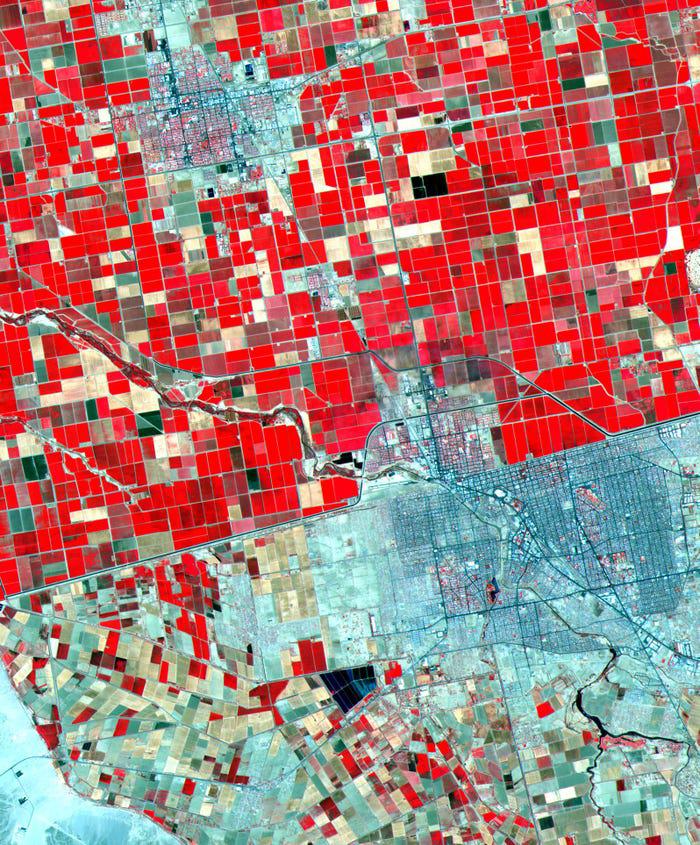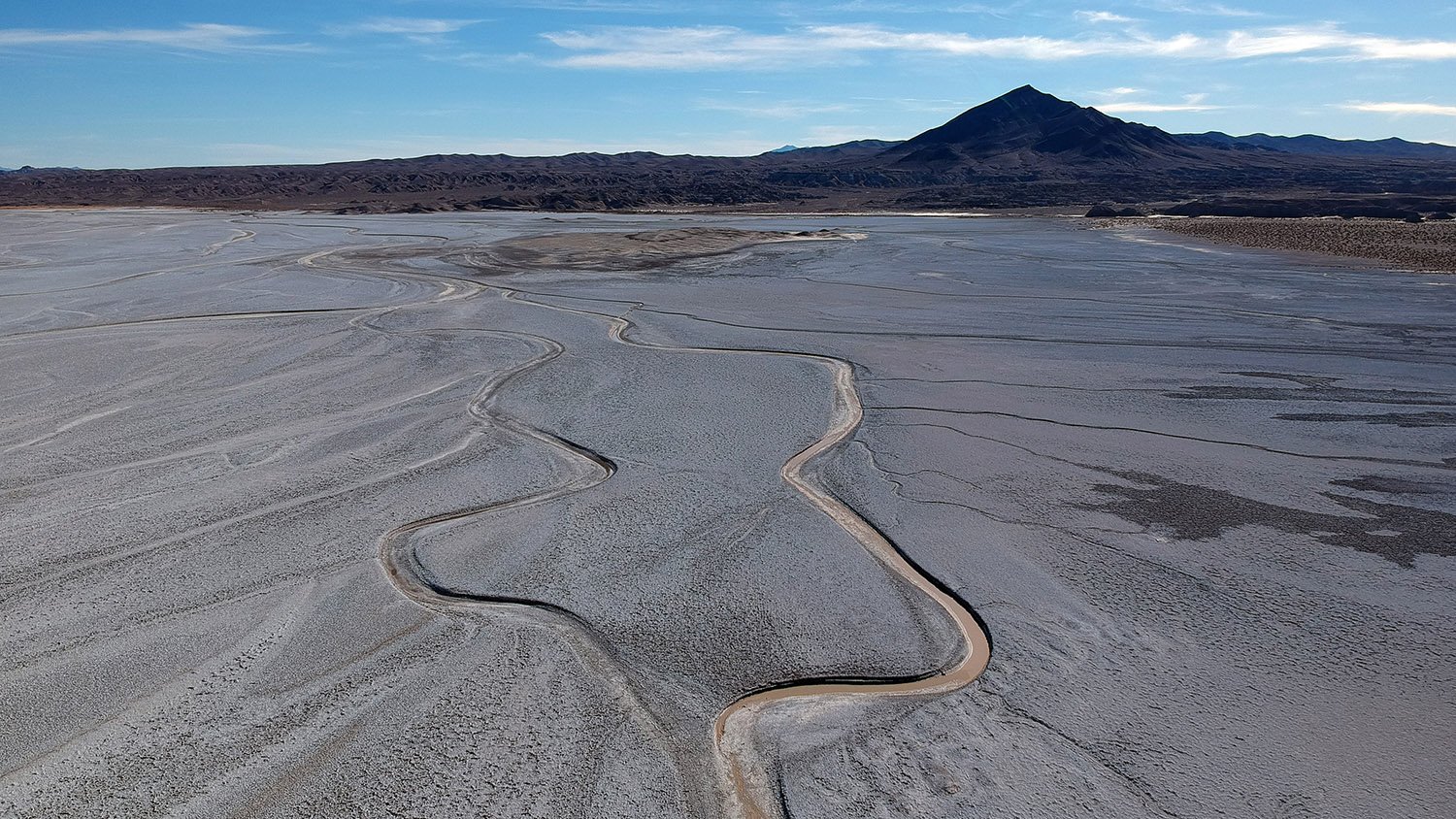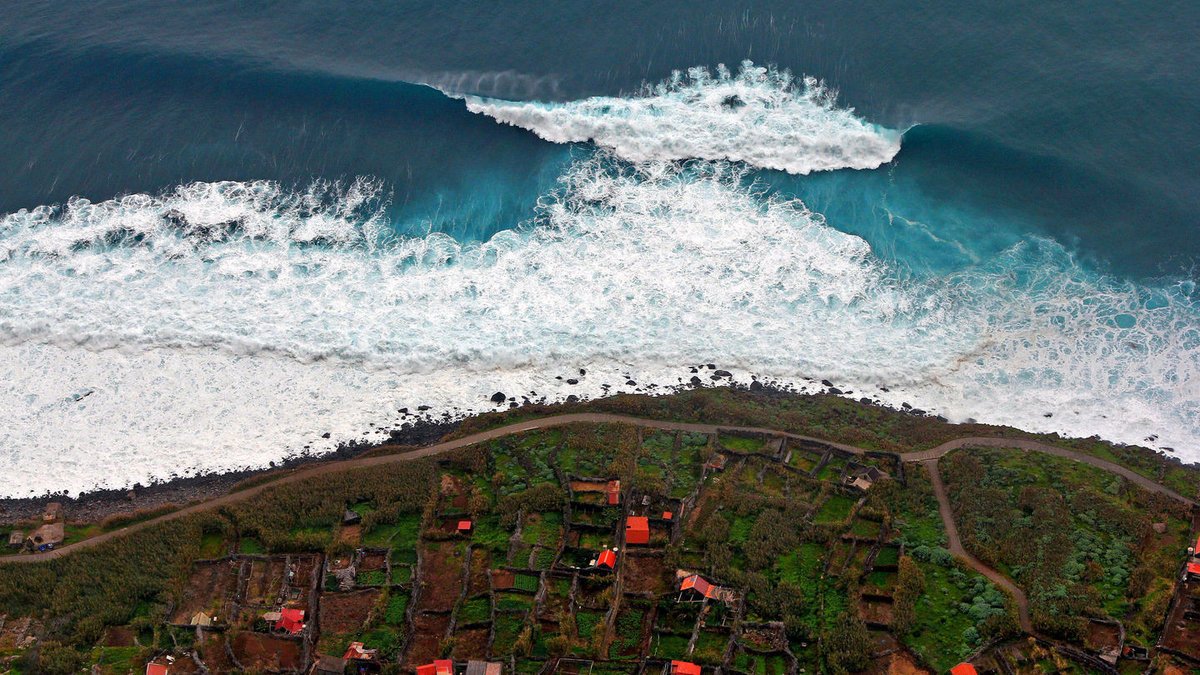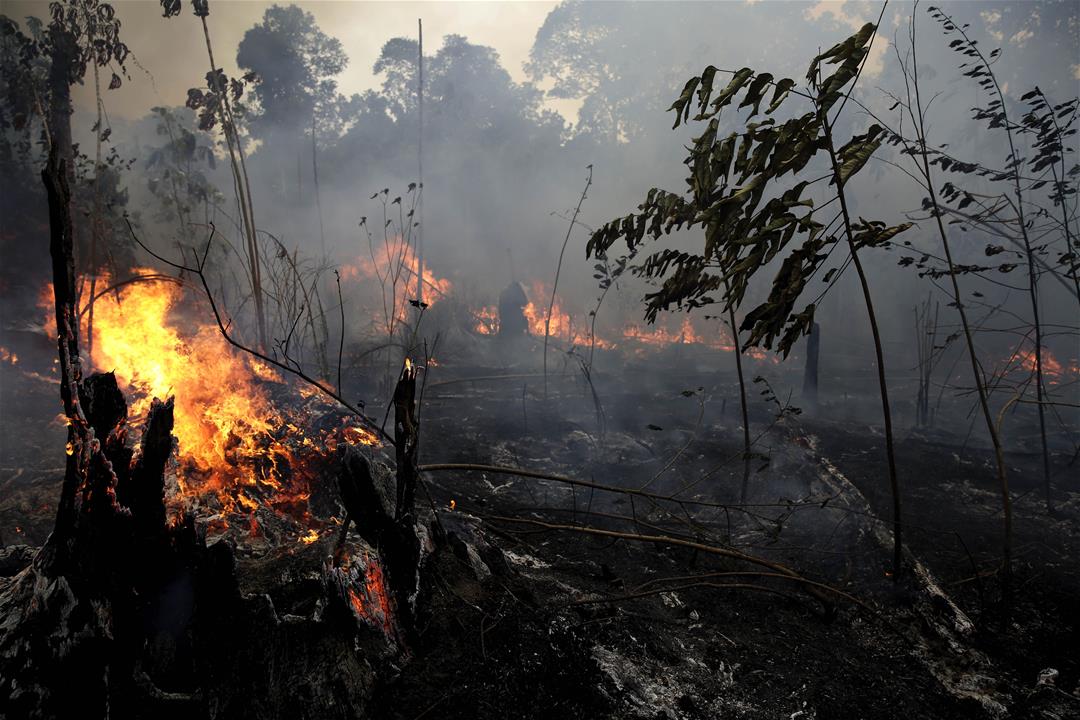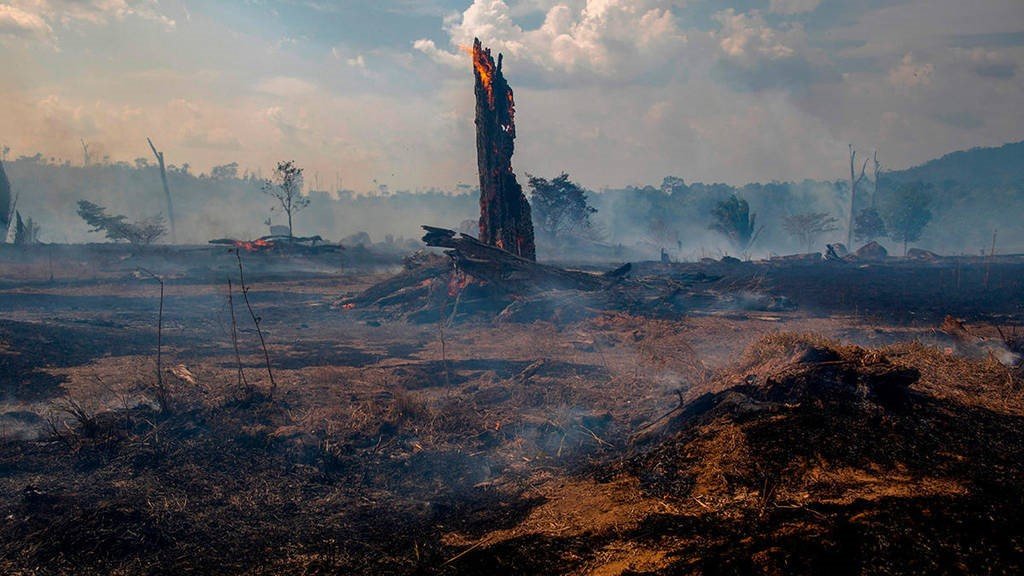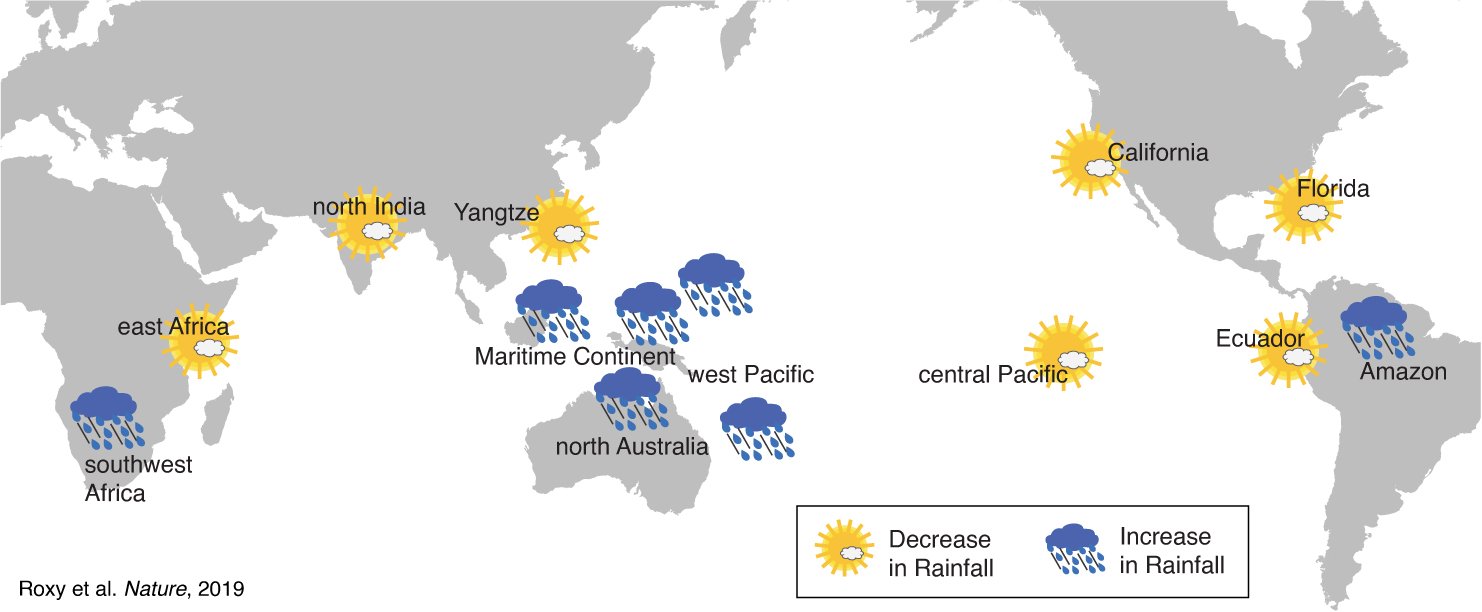Tipping points push Earth towards hothouse climate
More than half of the tipping points that could push the planet towards a Hothouse Earth and threaten human civilisation are now “active”, a group of leading scientists have warned. The scientists, including Emeritus Professor Will Steffen from The Australian National University (ANU), argue in a commentary in Nature that these nine active tipping points … Read more
